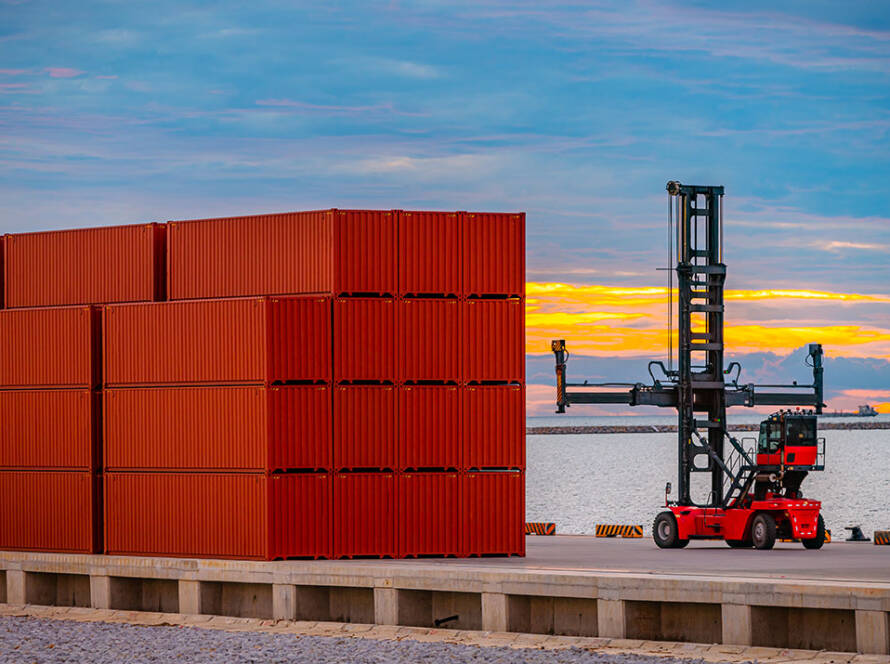How BAK Logistics’ Inland Port Powers Africa’s Trade
Inland ports are rapidly reshaping logistics across Africa—expanding capacity, increasing efficiency, and easing congestion at coastal ports. As a leading inland port operator in Zimbabwe, BAK Logistics plays a vital role in enabling seamless, multimodal trade corridors that link producers, manufacturers, and end markets.
What Makes Inland Ports Essential?
Inland terminals help reduce congestion at seaports by moving containers close to production hubs, supported by rail and road links. Studies show this decongesting model enables faster cargo processing and distribution in hinterland regions (trademarkafrica.com, haul247.co).
Economic and Operational Benefits
- Cost Efficiency & Faster Turnaround: By consolidating shipments inland and leveraging rail networks, inland ports can significantly reduce dwell times and land transport costs .
- Market Expansion: Serving as extensions of coastal ports, inland terminals allow cargo access to new inland markets, reducing dependency on maritime bottlenecks .
- Infrastructure & Capacity: Equipped with large warehouse spaces, truck parking, and intermodal terminals, inland ports like BAK’s provide the infrastructure essential for scalable logistics (mipa.africa).
Advancing Trade & Sustainability
Our inland port reduces carbon footprint by shifting freight from trucks to trains—a greener, more sustainable transport model. This also supports circular economy goals and aligns with global trends toward eco-friendly logistics .
Africa’s Logistics Getting Smarter
Across Africa, governments and private operators are investing in inland logistics. Ivory Coast plans to spend €60 million on inland logistics hubs , while other regions are expanding rail-linked dry ports to support booming trade flows under frameworks like AfCFTA.
BAK Logistics: Proudly Positioned
- Zimbabwe’s Largest Inland Port: Strategically placed near rail and road corridors.
- On-Site Services: Including bonded warehousing, customs processing (ZIMRA), container storage, repair, and cross-docking.
- Seamless Integration: Our facilities ensure faster turnaround, lower costs, reduced port congestion, and expanded inland access.
Conclusion
Inland ports are not a luxury—they’re a necessity for modern logistics in Africa. As a key inland port operator, BAK Logistics is building smarter, more resilient supply chains to serve Zimbabwe and beyond. We’re helping your business stay competitive by bridging gaps between producers and markets—with greater speed, lower cost, and environmental responsibility.
Want to see how our inland port can elevate your supply chain? Contact BAK Logistics today.


